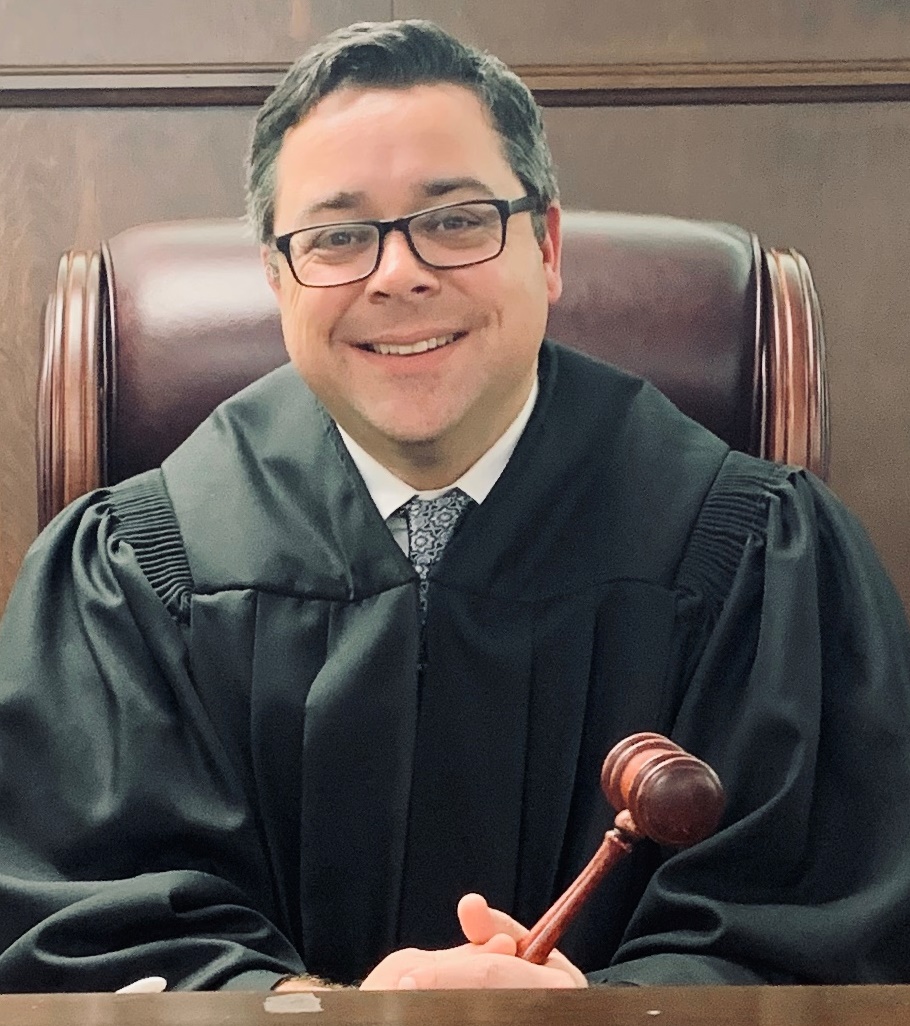A Rankin County judge appointed to a legislative task force told lawmakers that changes need to be made to the state’s divorce laws.
Chancery Judge Troy Odom, who was the chairman of the domestic law task force, told the Senate Judiciary A Committee Tuesday that changes to the state’s divorce law needs to be a priority. 
This task force of judges, attorneys and other experts was intended to study the state’s laws on divorce and other domestic issues and offer recommendations to the Legislature to revise laws and rules of court.
“This single topic was foremost on the minds of every single person that sat on that committee,” Odom told the committee. “We feel strongly that something should be done and I cannot emphasize that enough.”
The first recommendation made by the task force was to provide two additional fault grounds for divorce in Mississippi (there are 12 in state law at present). The first would be based on an irretrievably broken standard and the second based on a complete incompatibility standard.
Odom said these two fault grounds are used by Mississippi’s neighboring states. Chancery judges handle divorces under Mississippi law.
Right now, Odom says, the law doesn’t allow separation from a destructive marriage unless a husband and wife agree to a divorce or prove in court with clear and convincing evidence (an evidential standard that enables a fact finder to come to a clear conclusion without hesitancy) one of Mississippi’s 12 grounds for divorce. The one exception is habitual, cruel and inhuman treatment which requires only a preponderance of evidence, a lower standard than clear and convincing.
Even with that lower standard, Odom told the committee it can still be one of the most difficult fault grounds to prove.
“We don’t want to preserve marriages that are dead,” Odom said. “We don’t want there to just be a marriage in name only because what you’re seeing is lengthy separations from two individuals that are still married but are completely incompatible.”
Odom said in his experience in Rankin County and from what he’s heard from other chancery districts, trials on fault grounds alone can take many days. He says chancery judges have to clear this hurdle and prove the need for a divorce before they can start to deal with child support, property separation and other issues. He said this increases the cost for obtaining a divorce, which is a concern with moderate or lower-income individuals.
He said the delay allows one spouse to use as a bargaining chip on child support, alimony, visitation or other issues.
The other recommendations the committee made include:
Continuance of adult child support for disabled children beyond emancipation and its possible effect on their entitlements such as Medicaid or other welfare programs. A bill with that language died last year and the task force endorsed the language of that bill. There is no requirement for this in Mississippi law at present.
Suspension of child support due to incarceration for 180 days (six months) or more unless a court rules that an individual that has the assets to continue to pay their child support.
The committee declined to recommend changes to the state’s method of computing child support (now a percentage of income model). Mississippi is one of six states to still use that model. Odom told the committee he wants the task force reconstituted to take up the task, which he said would’ve bogged down its other work on domestic law issues.
State Sen. Brice Wiggins, R-Pascagoula, said that he wants the task force’s work to continue to address other issues related to the state’s domestic law.
In the 2021 session, Wiggins sponsored Senate Bill 2621, which created the domestic law task force.
The task force studied models used by other states for issues such as child support, no-fault divorce and child support payments for disabled children older than age 18.


